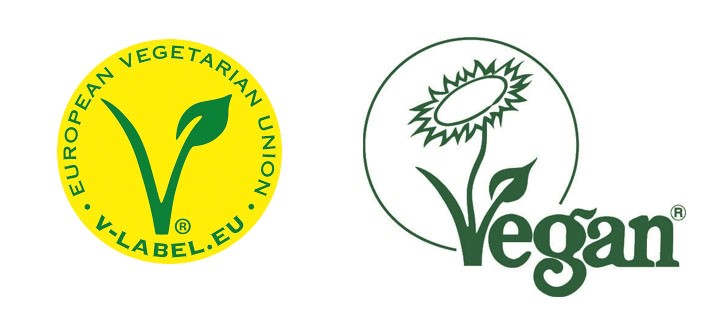Nobody escapes the fact that veganism is in fashion, if the word “fashion” is really the right one for a way of life that has been present for many decades. The term “vegan” was coined in 1944 by Donald Watson, founder of the Vegan Society of England, and in the 1962 Oxford dictionary it was defined as “a vegetarian who does not eat butter, eggs, cheese or milk”. Our dictionary of the R.A.E. defines the word veganism as the “attitude consisting of rejecting food or consumption items of animal origin”. In short, the exclusion of any form of exploitation and cruelty towards animals, both at the level of food and clothing or for other purposes. A philosophy of life that makes for a good debate, of course with a bottle of wine on the table, and here I leave a question for the beginning of it: perhaps, if we look around us, human beings do not live in self-exploitation constant?
As it could not be otherwise, veganism is also present in the world of wine, since, although the reader does not believe it, many wineries use products of animal origin to clarify the wine. The most used are: egg white; the ictiocola, from the fish tail; casein, from milk; or gelatin, from fish cartilage. Hard to believe, right?
Vegan wines exclude the presence of traces of animal origin in the winemaking, in such a way that either they are not clarified or they use products of mineral origin such as bentonite, clay powder, or others of vegetable origin, such as peas. , potato, wheat, and carrageenan, which are extracted from seaweed. Also difficult to assimilate.
At this point, I consider it necessary to go a step further and ask whether it is necessary to clarify wines using any type of product, whether of animal, vegetable or mineral origin. Filtration and clarification not only make the wines clean and bright, seductive in the eyes of the consumer, but also favor their stability, which avoids a possible precipitate that could cloud them. However, this can also be achieved naturally, with long aging at low temperatures and, in any case, allowing the wine to precipitate spontaneously during the winter. Care and cleanliness are essential for this, but the whole of this way of working will result in due respect for the philosophy of the terroir.
Although, we cannot forget that, sometimes, it is necessary to stabilize the wines artificially, because, after all, the wineries do not have to risk ruining the work of an entire year, especially when many respect , scrupulously, the philosophy of the terroir during the rest of the process, finally giving vibrant wines, with soul and a faithful reflection of a landscape.
Give it a spin, perhaps it is not about vegan wines, or organic, or biodynamic, or commercial, just common sense in what we do, but who decides what is the correct parameter? In short, what has been said, an interesting debate for each one to draw their own conclusions from it.
